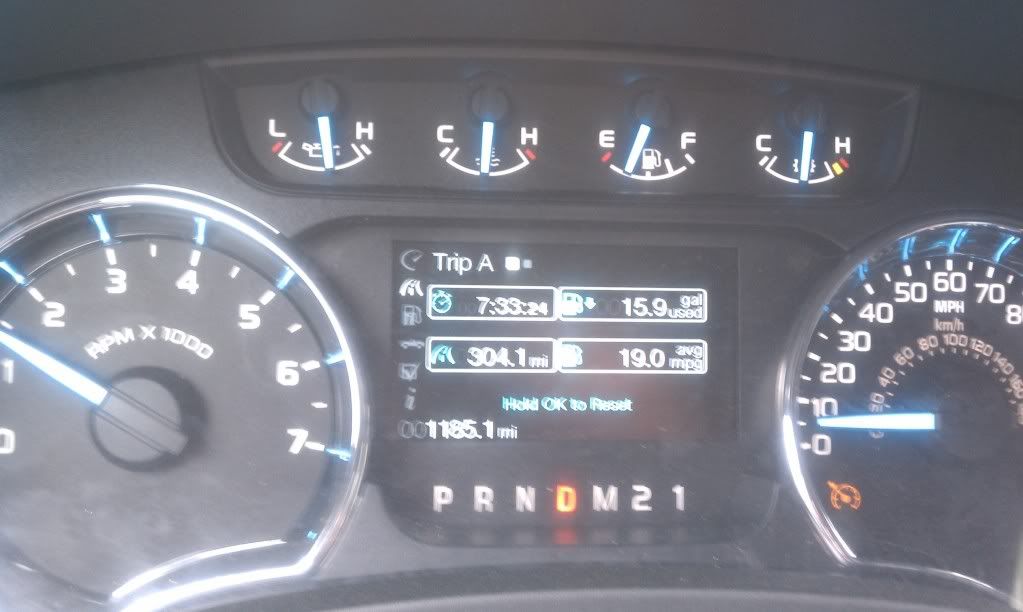jar546
CBO
This is the first time that I ever had anything like this. It could be even better if I was not such a lead foot at times. Not bad for a full size 4x4 with extended cab.


Your premier resource for building code knowledge.
This forum remains free to the public thanks to the generous support of our Sawhorse Members and Corporate Sponsors. Their contributions help keep this community thriving and accessible.
Want enhanced access to expert discussions and exclusive features? Learn more about the benefits here.
Ready to upgrade? Log in and upgrade now.

If you did that around here the Troopers would think your running drugs.Sorry Jeff, meant to reply yet somehow edited your post and can't get it back???Stayed off the highway for most of the trip and set the cruise to 2mph under the speed limit.
I do the same thing with the van - sometimes - drive like a bluehair.jar546 said:Went on a trip to NJ for the weekend. Stayed off the highway for most of the trip and set the cruise to 2mph under the speed limit. Wish I did that for the whole trip so I can break 20 gpm.
Francis -Francis Vineyard said:My work truck is a 2000 Dakota 3.9L loaded; 140k mi. just went to 20 mpg from 18 mpg owing to warmer weather. Family vehicle 2002 Dakota Quad 4.7L loaded; 150k mi. avg 18 mpg. I drive like making a huge carbon footprint going out of style; the thing that reduces the gas mileage the most is using the brakes unnecessarily.
Overall brakes are cheaper to replace than a clutch and truing the flywheel. The technique is coasting and learning how to use the friction of turning to slow vehicle down. Generally fuel consumption creates energy and momentum force movement; friction or waste of heat is the inverse of that energy efficiency.Alias said:Francis -My Dakota is similar to your work vehicle, 3.9L V6, not a 4x4 though. I love having a standard transmission! I can downshift when coming off the passes and not have to use the brakes.
Yep, coasting is a lot of fun! Wheeeeeeeeee!Francis Vineyard said:Overall brakes are cheaper to replace than a clutch and truing the flywheel. The technique is coasting and learning how to use the friction of turning to slow vehicle down. Generally fuel consumption creates energy and momentum force movement; friction or waste of heat is the inverse of that energy efficiency.
